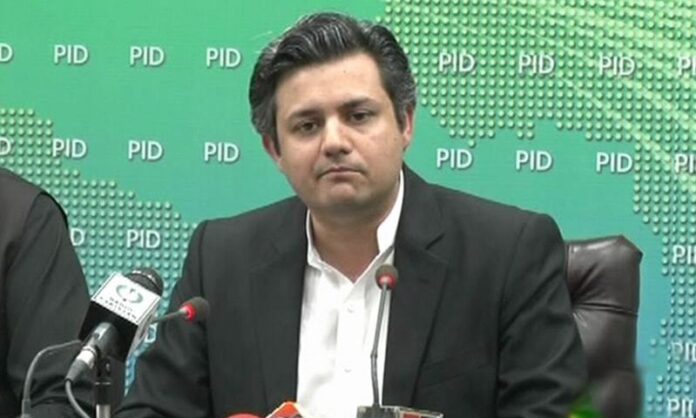ISLAMABAD: Federal Energy Minister Hammad Azhar has said the Financial Action Task Force (FATF) will conduct assessment of India’s regime for Anti-Money Laundering/Combating the Financing of Terrorism (AML/CFT) in the near future, which will be a test case for the task force.
Addressing a news conference here on Saturday, the minister said that the illegal sale of uranium in India was not directly related to FATF, as it was a subject of another international body; however, if the sale proceeds were used for money laundering or terror financing this was under the domain of the global watchdog.
Azhar said that “sailing through FATF smoothly” would be a success story of the Pakistan Tehreek-i-Insaf government. However, the opposition was worried over it.
He reiterated that Pakistan would fulfill all the requirements imposed by FATF within the next 12 months and advised the opposition to refrain from “hurting the country’s future due to their political interests”.
“The president of FATF, who used to talk about blacklisting Pakistan, is now praising the country for its compliances,” Azhar said. “Similarly the opposition is making irrational statements about energy.”
He opined that the opposition was now looking for an alternative narrative because “the economic indicators are good, we have a good budget, and the industrial production is dynamic”.
However, the minister acknowledged that the country could face a power shortage from June 29 to July 6, as the RLNG terminal would be non-functional during that period. An energy crisis was looming because several factors were emerging at a time of high electricity demand.
He said while the dry-docking of an LNG terminal was necessary, some gas fields were also scheduled for annual maintenance and the water level had dropped in Tarbela dam, reducing power generation there.
“We will meet a large part of the peak demand through load management and by operating other plants,” he said.
Speaking about the dry-docking of an LNG terminal, he said it was a technical issue; an agreement was reached during the PML-N government that the two LNG terminals would go for servicing for two times in 15 years.
One of them has already gone into dry-docking for maintenance and servicing requirements. The international agencies on safety standards have given the deadline of June 30 for dry-docking.
“This is a six-day process and if the international safety standards are not met the dry-docking period could last months in case of any accident,” he said, adding that for two days out of six there would no gas supply from imported LNG.
“However, there will be enhanced supply for three days and finally on the sixth day the supply will be resumed at the full capacity of 650mmcfd,” he said.
He said that low water outflow from Tarbela dam posed a major challenge, as the electricity generated at the reservoir would decline by 50 per cent as a result. “But we will manage the situation through loadshedding.”
The energy minister, however, tried to dispel the impression that the country was headed for serious energy crises. “We have postponed the maintenance of some gas fields by a few weeks… and one gas field will be online by June 28,” he said.
Responding to the allegation levelled by former prime minister Shahid Khaqan Abbasi that the government will use furnace oil to generate the needed volumes of electricity during the dry-docking period of the LNG terminal, the minister said that the PML-N government generated up to 30 per cent of the electricity needed from furnace oil.
At the same time, he blamed the operators of both the LNG terminals in Pakistan and said they should have given the timeline for dry-docking at least one year in advance, so that the authorities could prepare an alternative plan accordingly.
He also presented a list of what he called “debacles” that occurred during the tenures of previous governments, including the flawed IPPs and RLNG contracts and the grey-listing by FATF.




